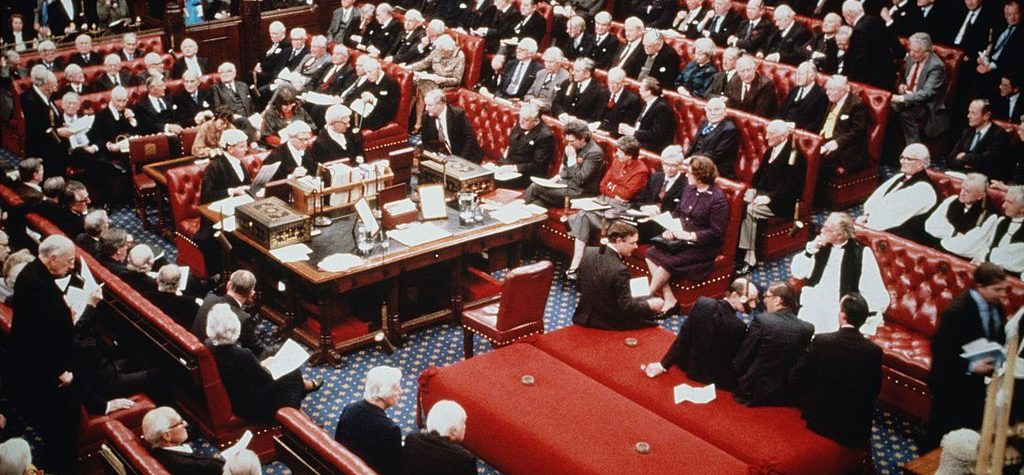Reform in the House of Lords is not a subject for the faint-hearted. You have to operate within the institutional framework and, frankly, it can be terribly depressing. I tried to reform the European Union (EU) for many years, with some success. I tried to reform the United Nations for some years, with somewhat less success. And I’ve given up trying to reform the House of Lords, because I’ve had absolutely zero success.
Since entering the Lords in 2001, I’ve spent a lot of time on different European committees. I’m currently on the post-Brexit European Affairs Committee, which replaced a single, overarching European committee with six sub-committees covering every bit of EU policy. Now we’re no longer members, we’re doing the whole thing in one committee and just one sub-committee (on Northern Ireland).
But the House of Lords has no real power, so committees have little genuine influence. That said, the government is compelled to give an answer to any recommendations in our reports – a written answer, within two months, and it can’t just be waffle! These used to be followed by debates, but they have stopped because of Covid. Ultimately, committees have no statutory authority.
The EU was easier to reform than the Lords. When the UK was a principal member state (one of three or four), we could get things done, as long as we applied ourselves for a serious period of time. What people don’t understand is that we were not only one of the most influential states, we were at times the most influential member state. We championed the single market; free trade worldwide; enlargement to bring in the countries of Central, Eastern and Southern Europe which had suffered from communism and dictatorships; and we played a key role in shaping cooperation on law enforcement against international crime
I spent most of my professional life trying to make the EU a place where we were more comfortable, and we made huge progress. Unfortunately, ministers of both main parties made a poor job of explaining to the electorate why things in Brussels were so much better than they had been. They liked to do these things by stealth and then beat their chests claiming they’d just won the Champions League by 12 goals to nil.
The tragedy is that by the time of the referendum, we had got to just about the best position we could have been in. And then, sadly, we simply dumped the whole thing.
Uncontrollable peers
The number of peers is increasing. Since 2015, successive Conservative governments have been adding people to boost their numbers, yet surprisingly they don’t seem to be able to get legislation through. When the Labour Party, the Liberal Democrats and a large proportion of the crossbenchers think an amendment is needed, it carries. There have also been divisions on the Conservative bench; people stay away or rebel.
There’s no proper way of enforcing discipline in the Lords because its inhabitants are beyond discipline. Whips are easy to break because there are few sanctions: nobody’s going to offer elderly members of the Lords a chance to have a government post, which is the way that the whips in the Commons work. There have been periods when the government has got most of its legislation through without amendments – during the coalition, or in the New Labour period, when their majority in the Commons was so large that the Lords rarely objected (except in the case of identity cards).
If you have a government like the present one, which is rather ideological and rather far to the right, then the problem is compounded, especially when they are bringing forward some very extreme legislation. Personally, I’ve been most active in cases where legislation has been incompatible with our international treaty obligations.
Lord Hannay was the Permanent Representative to the UN between 1990-1995


